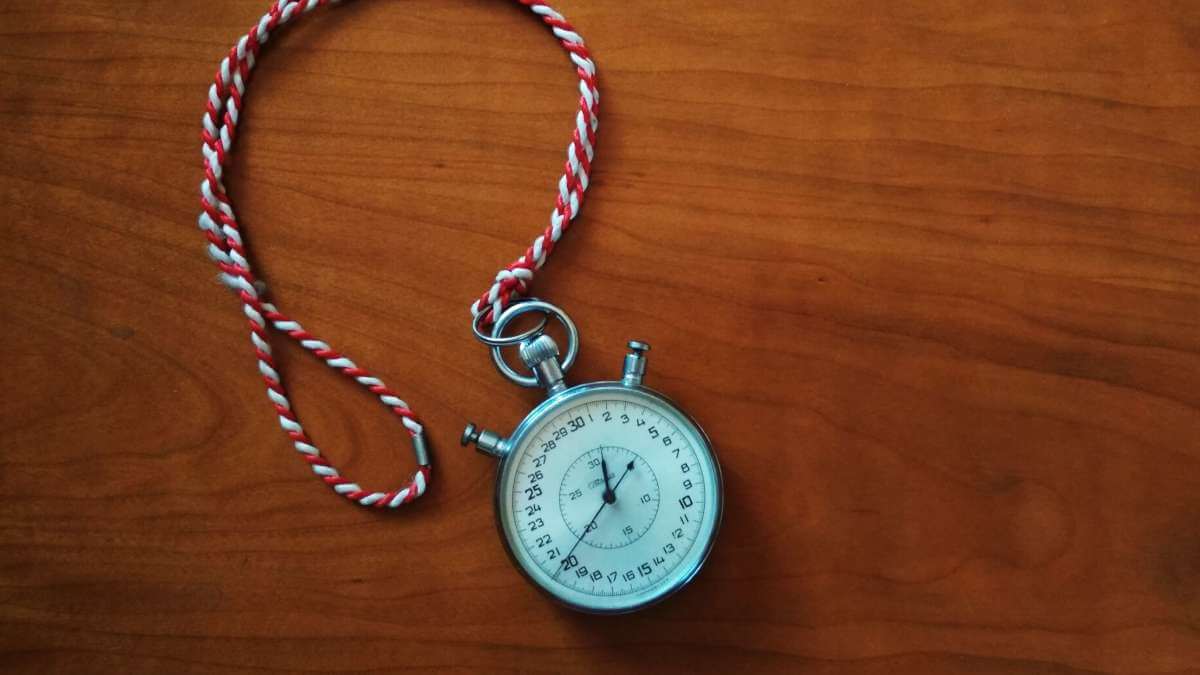Being a coach can be a marvelous experience, with many milestone moments in a person’s life. However, it can be a nightmare too; that’s if you don’t focus on a well-structured training program for endurance runners. And it’s also valid if you omit important aspects that may affect the training plan; hence, your runner’s overall performance.
For this reason, we’ve decided to touch on a few key factors that you should consider before creating a training plan; and how technology can help you towards that goal. Hopefully, this short guide will help you avoid guesswork; in other words, make valid, data-based coaching decisions. Let’s begin!
Key factors to consider when creating a training program for endurance runners
1. Somatometric characteristics and demographics
Typically, runners — and other endurance athletes — aim for low body weight and body fat percentages. Bodyweight, body mass index (BMI), body composition, etc., can play a significant role in your coaching strategy.
As far as demographics are concerned, age must be taken into consideration, of course; also, keep in mind that the place where the athlete lives can affect the training plan (altitude, weather conditions, etc.).
2. Athlete’s training age and previous experience
To clarify, training age refers to the time an athlete has dedicated to sports-specific physical training; in this case, endurance running. However, there are two important elements to consider here.
First, you should practically verify whether your runners can show relevant technical skills and abilities, or not; that is, analogous to their claimed time of training. Second, you should examine the quality of their training, and whether it corresponds to their training age and experience, or not.
3. Medical history and injuries
It is imperative for coaches to study the medical history of their athletes; and whether they’ve had any injuries in the past — or even conditions that may be still affecting them. In brief, a few important things to investigate, regarding their medical history, include:
- Their overall medical condition
- Whether there’s a metabolic syndrome
- If they’ve had any musculoskeletal injuries
- If they are on any medication, etc.
4.Athlete’s diet or necessity for nutritional supplements
Runners, like all athletes, require a lot of energy and nutrients to respond well to their training; and, of course, stay in shape. Simply put, their bodies won’t ‘run’ without the right kind of ‘fuel’. You, as a coach, must oversee your athletes’ eating habits, and offer basic nutritional support, whenever necessary.
Keep in mind that they may also need to take any nutritional supplements; that’s, if their medical checkup has indicated such a necessity.
5. Initial and current physical condition
As a rule of thumb, before creating a training program for endurance runners, you need to conduct a physiological assessment; in order to pinpoint the physical condition of your runners. To illustrate, this evaluation will allow you to determine:
- The aerobic capacity
- The velocity/speed at Lactate Threshold
- The training zones
- The strengths and weaknesses of the athlete
- Whether you need to readjust the training program
6. Menstruation — the case for female athletes
When it comes to your female athletes, it’s very important to take into account their menstrual cycle; and, how it affects them and their training. It goes without saying, no woman (athlete) is the same, and this goes for menstruation too; thus, there are a lot of factors to consider before creating their training programs.
To point out, menstruation – and its physical and psychological symptomatology – has a direct impact on the female runner’s performance. And since we’re talking about hormones, you must also be aware if there is a menstrual dysfunction; for instance, heavy bleeding, dysmenorrhea/amenorrhea (PCO syndrome), etc.
7. Previous training plans
This is also an important step towards building an effective training program for your endurance runners; especially since their previous training plans can serve as a guide. Put differently, studying and analyzing their previous training programs, will reveal what exactly worked for them and what didn’t. Based on this information, you’ll know what to avoid and what can be improved.
8. Availability for training
Training can take up much time in an athlete’s everyday life. Given the fact that some athletes have a jam-packed daily agenda (with family and job responsibilities), you must discuss, right from the start, their availability for training; that’s in hours and days per week. Furthermore, you must be able to modify and readjust their programs, whenever necessary, to help them follow through.
9. Athlete’s goal
This is a crucial part. On the whole, this is the part that will determine the success of your efforts, as a team. As it often happens, athletes probably come to you with some vague goals in mind – if any. Yet, goal setting is a powerful strategy to enhance performance.
As a coach, you need to guide your athletes to set specific goals, and direct them towards achieving said goals. This will help them focus and also be motivated.
10. Monitoring systematically
Monitoring your athletes systematically must become a standard practice in your coaching — if it isn’t already. This is the most optimal way to help them maximize performance, and reduce the risk of injury.
To that end, a coaching platform comes into play to offer you access to observable data; that will not only make monitoring easier, but also more effective. Essentially, such a tool will help you measure and evaluate your athletes’ performance; and, of course, how they respond to stress incurred during (and outside) training.
Take your coaching to the next level, with Endogusto
Creating a training program for endurance runners is not an easy task for any coach. There are so many things to take into consideration, and so little time to do it. When all is said and done, investing in a coaching platform, like Endogusto, will make a world of difference; that is, both in your coaching and managing processes.
